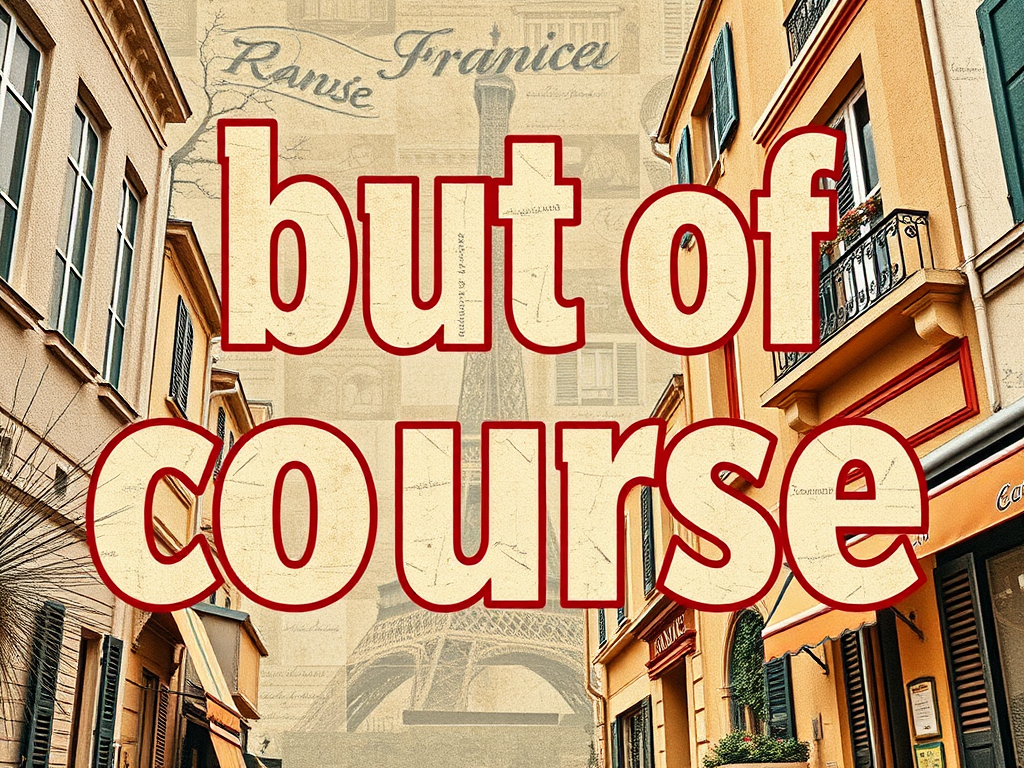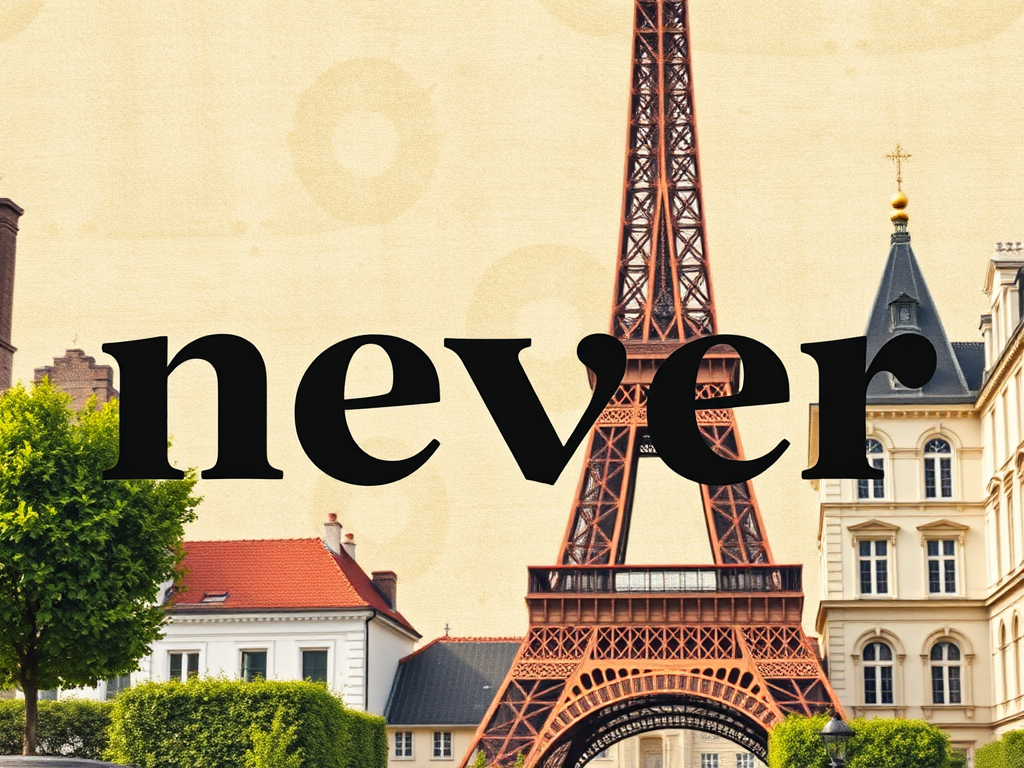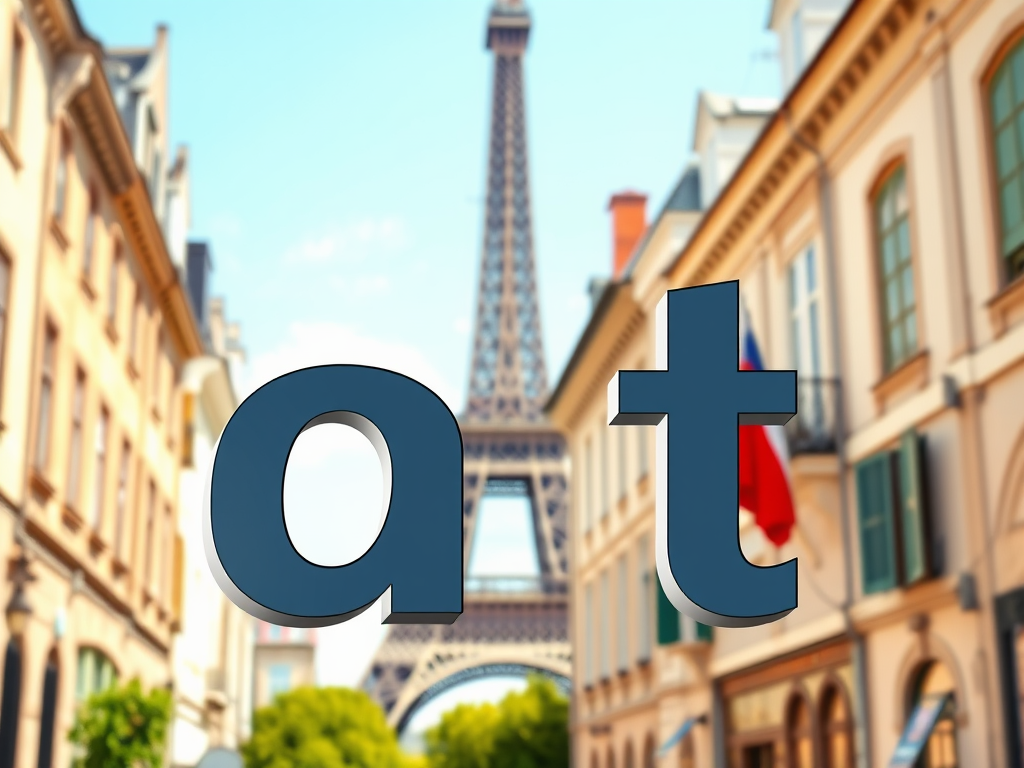Best friend in French

In French, the most common way to say "best friend" is meilleur ami (for a male friend) or meilleure amie (for a female friend). These terms are widely used and appropriate in both formal and informal contexts. However, French speakers also have other ways to express this close relationship, ranging from more casual to highly affectionate expressions.
Different ways to say "best friend" in French
Standard expressions
The standard expressions for "best friend" in French are:
- Meilleur ami (male) / Meilleure amie (female)
- Ami proche (male) / Amie proche (female) - literally "close friend"
These terms are suitable for most situations and can be used in both formal and informal settings.
Informal and affectionate expressions
For a more casual or affectionate tone, you might use:
- Pote - a colloquial term similar to "buddy" or "mate"
- Copain (male) / Copine (female) - can mean "friend" or "boyfriend/girlfriend"
- Mon/ma meilleur(e) - literally "my best"
Slang terms
In very informal situations or among younger people, you might hear:
- BFF - borrowed from English, pronounced "bay-eff-eff"
- Bestah - a playful adaptation of the English word "best"
Examples in context
Here are some examples of how these terms might be used:
"Julie est ma meilleure amie depuis le lycée." (Julie has been my best friend since high school.) 👭
"Pierre et moi sommes des amis proches, on se dit tout." (Pierre and I are close friends, we tell each other everything.) 🤝
"Salut les potes! On sort ce soir?" (Hey buddies! Are we going out tonight?) 🎉
"Thomas est mon copain depuis l'enfance." (Thomas has been my friend since childhood.) 👦👦
Comparison table
| English | French | Pronunciation (IPA) |
|---|---|---|
| Best friend (m) | Meilleur ami | /mɛjœʁ ami/ |
| Best friend (f) | Meilleure amie | /mɛjœʁ ami/ |
| Close friend | Ami(e) proche | /ami pʁɔʃ/ |
| Buddy/Mate | Pote | /pɔt/ |
| Friend/Boyfriend/Girlfriend | Copain/Copine | /kɔpɛ̃/ /kɔpin/ |
Remember, while these translations provide a good starting point, the nuances of friendship and how it's expressed can vary between cultures. The context and your relationship with the person will often guide which term is most appropriate to use. 🇫🇷🤗






